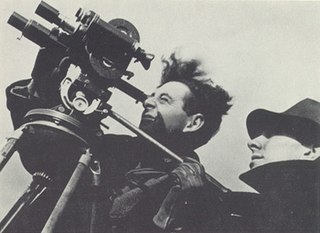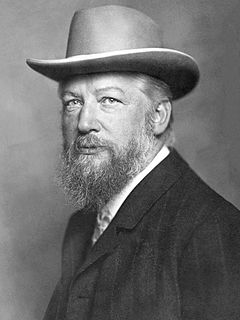A Quote by Ernst Haas
My theory of composition? Simple: do not release the shutter until everything in the viewfinder feels just right.
Quote Topics
Related Quotes
Cinematography was incredibly foreign to me, so I read as much as I could about it. Once I figured out that it was just photography with a set shutter speed, I got some slide film and I just went about storyboarding the script and taking snapshots. I took a ton of time doing it just to make sure I knew exactly what I was doing. By the end of it I knew what the film was going to look like - my exposure and the composition and everything. I wasn't scared of cinematography anymore.
Anything that feels familiar and comfortable [is home]. It's wherever I feel safe and safest. Most of the time, that's just Barbados. It's warm, it's beautiful, it's the beach, it's my family, it's the food, it's the music. Everything feels familiar, feels right and feels safe. So, Barbados is home for me.
What is especially striking and remarkable is that in fundamental physics, a beautiful or elegant theory is more likely to be right than a theory that is inelegant. A theory appears to be beautiful or elegant (or simple, if you prefer) when it can be expressed concisely in terms of mathematics we already have. Symmetry exhibits the simplicity. The Foundamental Law is such that the different skins of the onion resemble one another and therefore the math for one skin allows you to express beautifully and simply the phenomenon of the next skin.
I had two passions when I was a child. First was to learn about Einstein's theory and help to complete his dream of a unified theory of everything. That's my day job. I work in something called string theory. I'm one of the founders of the subject. We hope to complete Einstein's dream of a theory of everything.
God is utterly simple; for every composite being necessarily has a cause of its own composition, and so, since God is the first principle of all things, there can be no real composition whatever in God. Now, in an utterly simple being there can be nothing that is not that simple being itself. In God, therefore, whatever really is, is the same as God, is the same as that which is, is the same as that which subsists, and hence necessarily subsists.




































